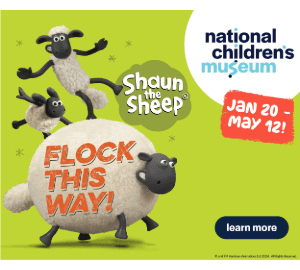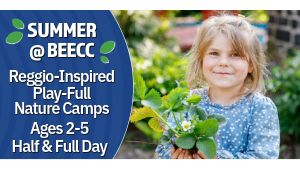By DullesMoms, Oct 2023
Fine motor skills, the ability to control small muscles in the hands and wrists, are essential skills children develop, from writing to buttoning their shirts. Check out these fun and engaging activities tailored to various age groups that can boost your child’s fine motor skills.
• Infants
• Toddlers
• Preschool & Kindergarten
• Elementary
Newborn-6 Months Old
Fine motor skills are mostly reflexive at this stage, but babies start actively reaching and grasping objects around 3 to 6 months of age. Activities to support this development include:
Grasping
Place toys within their reach to encourage grasping.
Holding
Encourage them to hold objects in one or both hands.
Object Exploration
Provide various textures and shapes for them to explore.
6-12 Months Old
As babies grow, they begin to develop more controlled movements:
Object Transfer
Encourage transferring objects from hand to hand.
Pincer Grasp
Provide small, safe objects like Cheerios to practice picking up with their thumbs and pointer fingers.
Clapping & Pointing
Engage them in activities that involve clapping hands together or pointing with fingers.
1-2 Years Old
Toddlers start to engage in more complex activities:
Stacking & Sorting
Introduce stacking blocks and sorting toys.
Book Exploration
Allow them to turn pages of board books.
Simple Art Activities
Provide crayons and paper for scribbling and drawing.
2-3 Years Old
This age group is ready for slightly more challenging tasks:
Bead Stringing
Use large beads for stringing activities.
Scissor Skills
Start with child-safe scissors for cutting simple shapes.
Drawing & Puzzles
Introduce basic puzzles and encourage them to draw simple lines and shapes.
3-4 Years Old
Fine motor skills become more refined:
Complex Puzzles
Introduce 4-6 piece puzzles.
Tracing & Cutting
Encourage tracing lines and roughly cutting out shapes.
Dressing Skills
Practice buttoning and zipping up clothes.
4-5 Years Old
Children are now preparing for school:
Writing Preparation
Encourage them to hold a pencil correctly and begin coloring within lines.
LEGO Building
Building with Legos or similar blocks enhances precision and coordination.
Simple Cooking Tasks
Involve them in safe, simple cooking activities like stirring and cutting soft foods.
5-6 Years Old
Enhancing skills needed for school:
Detailed Drawing & Cutting
Encourage drawing within lines and cutting out shapes.
Letter & Number Writing
Practice writing simple letters and numbers.
Advanced Puzzles
Introduce more complex puzzles, like 20-piece sets.
6-7 Years Old
In this age group, focus on refining skills:
Handwriting
Practice forming letters and numbers neatly.
Independent Dressing
Encourage dressing independently, including tying shoes.
Detailed Art Projects
Engage in more complex art projects that require precision.
7-8 Years Old
Young elementary-age children should be able to:
Maintain Neat Handwriting
Encourage writing for longer periods while maintaining neatness.
Complex Puzzles
Introduce more challenging puzzles.
Detailed Craft Projects
Engage in crafts that require more detailed cutting and assembly.
Keep In Mind…
Developing fine motor skills is a gradual process that unfolds as your child grows. But remember, each child is unique and will develop at their own pace. The key is to provide opportunities for growth and to celebrate each milestone along the way. Happy parenting!
Who Are the Experts?
The experts and sources used in this article include:
Ability Innovations (Fine Motor Skills for Each Age), Children’s Hospital of Orange County (Developmental Milestones: Fine Motor Skills & Visual Motor Skills), Very Special Tales (75 Fun Fine Motor Skills Activities for Kids), and Children’s Hospital of Richmond at VCU (Fine Motor Skills: Birth to 2 Years).
Please note, this content is not intended to be a substitute for professional medical advice, diagnosis, or treatment.











